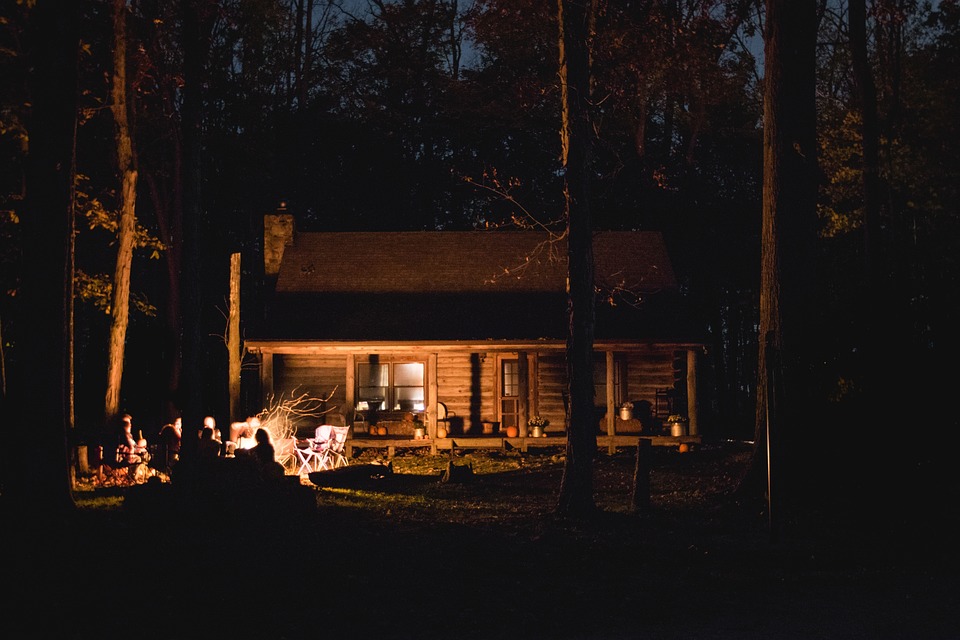Table of Contents
Introduction
Camping is a great way to disconnect from our daily routines and immerse ourselves in nature. However, to make the most out of your outdoor adventure, it is crucial to have the right gear. In this article, we have compiled the ultimate packing list of essential camping gear that you should consider before heading out into the wilderness. From shelter to cooking equipment, we’ve got you covered!
Tents and Sleeping Gear
Tents
A sturdy and reliable tent is the foundation of any camping trip. Look for a tent that is suitable for your group size and weather conditions. Choose a waterproof tent with proper ventilation to stay dry and comfortable throughout the night.
Sleeping Bags and Pads
Investing in a high-quality sleeping bag and pad will ensure a good night’s sleep. Look for sleeping bags that are appropriate for the temperature range you will encounter and consider the compactness and weight for convenient transportation. Sleeping pads provide insulation against the cold ground and add an extra layer of comfort. Opt for inflatable or closed-cell foam pads depending on your preferences and needs.
Cooking Equipment
Camp Stove
A portable camp stove is essential for cooking meals and boiling water outdoors. Look for a lightweight stove that works well with your desired fuel types such as propane or butane. Additionally, consider the stove’s ease of use and maintenance.
Cookware and Utensils
A set of cookware and utensils tailored to camping needs will make your cooking experience much easier. Include a camp pot, pan, utensils like a spatula, knife, and a multipurpose tool. Opt for durable, lightweight, and easy-to-clean materials like stainless steel or titanium for your cookware.
Lighting and Navigation
Headlamp or Flashlight
A reliable portable light source is essential for navigation and illumination in the dark. Invest in a headlamp or flashlight with adjustable brightness settings and a long battery life. Ensure you pack extra batteries to avoid running out of power.
Maps and Compass
While technology has made navigation more convenient, it is always wise to carry physical maps and a compass as backup. Familiarize yourself with the map and practice using the compass before your trip. These tools will come in handy if you lose battery or encounter technical difficulties with your GPS device.
FAQs
Q: How do I choose the right tent size?
A: When choosing a tent, consider the number of people who will sleep in it and the gear you need to store. Most tents indicate their capacity, but it’s often best to opt for a slightly larger tent to allow for more space.
Q: What kind of sleeping bag is suitable for different weather?
A: Sleeping bags are categorized by their temperature ratings. Look for a bag that suits the lowest expected temperature at your camping destination. Additionally, consider factors like insulation material (down or synthetic) and bag shape (mummy or rectangular) based on your preferences and camping conditions.
Q: Can I use a regular pan for camping?
A: Although you can use a regular pan for camping, it is advised to have specific camping cookware. Camping cookware is designed to be lightweight, durable, and easy to clean. It also generally has better heat distribution and grips.




